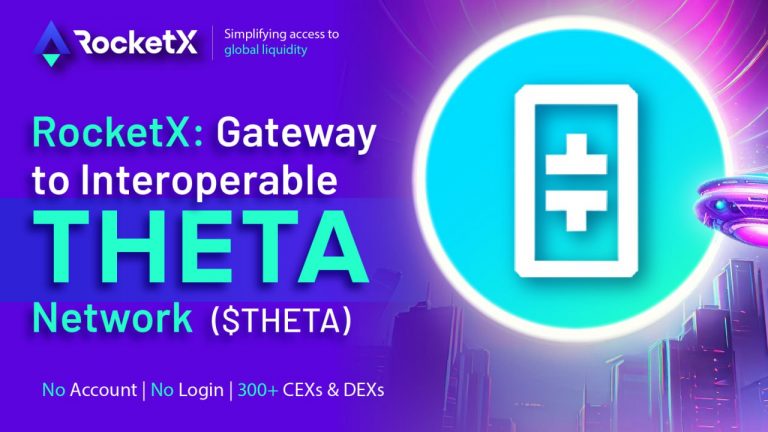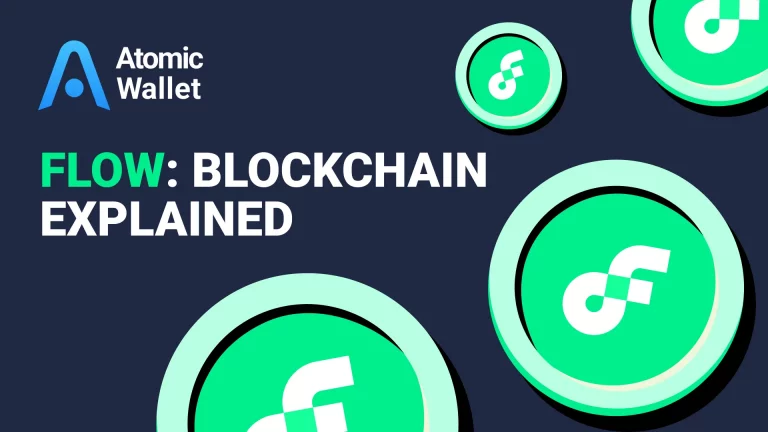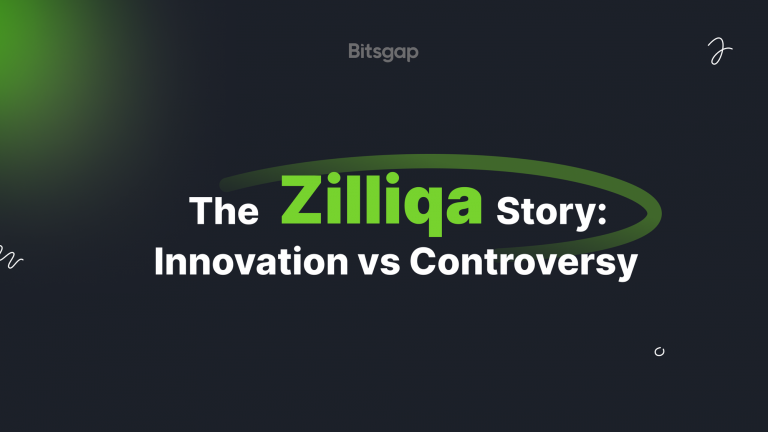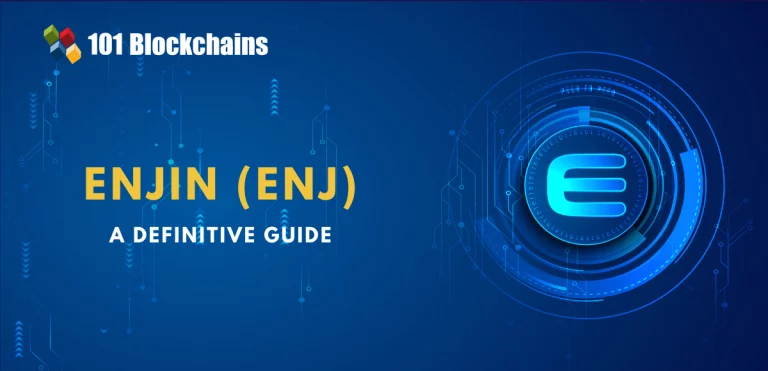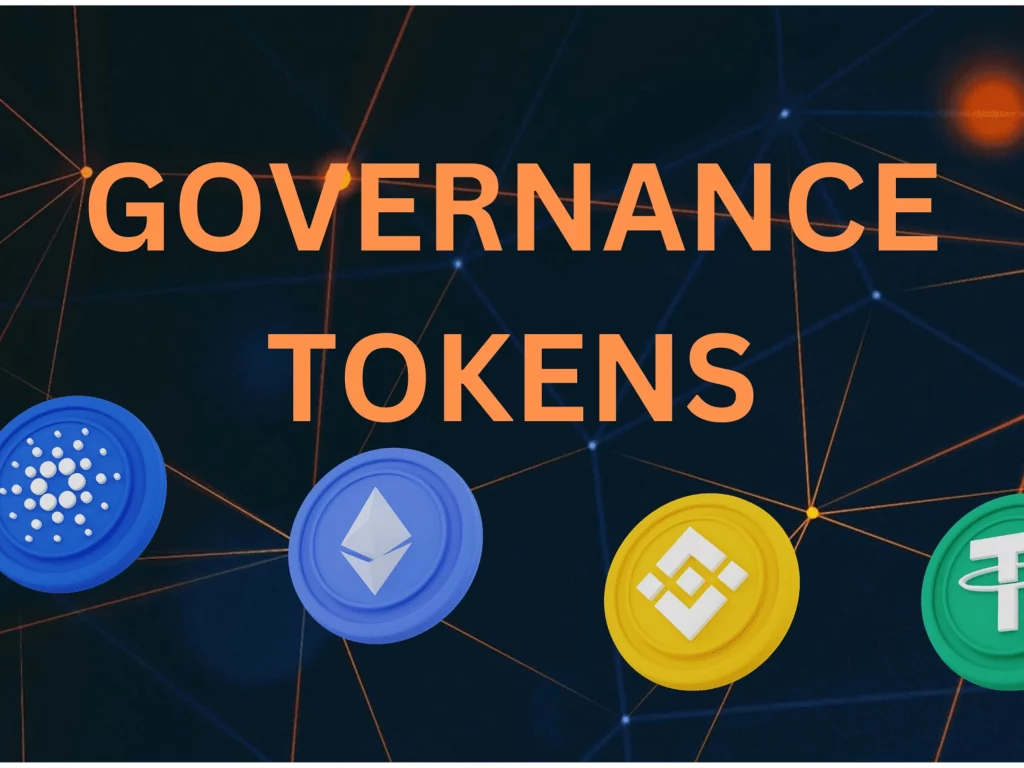
Governance Tokens Empowering Communities and Shaping the Future of Decentralized Finance
Governance tokens, a type of cryptocurrency that grants holders voting rights within a decentralized ecosystem, have become an integral part of the blockchain landscape. These tokens empower communities to participate in decision-making processes, shaping the future of projects and platforms.
Understanding Governance Tokens
Governance tokens are typically distributed to early adopters, investors, or community members. By holding these tokens, individuals gain the right to vote on proposals related to the project’s development, governance, and treasury management. This democratic approach fosters community involvement and ensures that the project aligns with the interests of its users.
Key Features of Governance Tokens
Governance tokens often possess the following characteristics:
- Voting Rights: Token holders can vote on proposals related to the project’s development, such as changes to the protocol, allocation of funds, and partnerships.
- Community Engagement: Governance tokens encourage community participation and foster a sense of ownership among token holders.
- Transparency: The voting process is typically transparent, allowing all stakeholders to view and participate in decision-making.
- Incentives: Token holders may receive rewards or benefits for participating in governance activities, such as staking rewards or exclusive access to features.
The Impact of Governance Tokens
Governance tokens have had a profound impact on the decentralized finance (DeFi) ecosystem. They have empowered communities to shape the future of projects, ensuring that they remain aligned with the needs and interests of their users. Additionally, governance tokens have fostered a sense of ownership and community among token holders, leading to increased engagement and loyalty.
Notable Governance Tokens
Several prominent projects have implemented governance tokens, including:
- AAVE: The governance token of the Aave lending protocol, AAVE allows holders to vote on proposals related to the platform’s development and treasury management.
- Compound: The governance token of the Compound lending protocol, COMP allows holders to vote on proposals related to interest rates, risk parameters, and other key decisions.
- MakerDAO: The governance token of MakerDAO, MKR allows holders to vote on proposals related to the stability of the DAI stablecoin and the overall governance of the MakerDAO ecosystem.
- Uniswap: The governance token of the Uniswap decentralized exchange, UNI allows holders to vote on proposals related to the platform’s development and fees.
The Future of Governance Tokens
As the DeFi ecosystem continues to evolve, governance tokens are likely to play an even more important role. They can help to ensure that projects remain decentralized, transparent, and responsive to the needs of their communities. Additionally, governance tokens can foster innovation and experimentation, allowing projects to adapt to changing market conditions.
In conclusion, governance tokens are a powerful tool for empowering communities and shaping the future of decentralized finance. By providing a voice to token holders, governance tokens can ensure that projects remain aligned with the interests of their users and continue to thrive in the dynamic world of blockchain technology.
